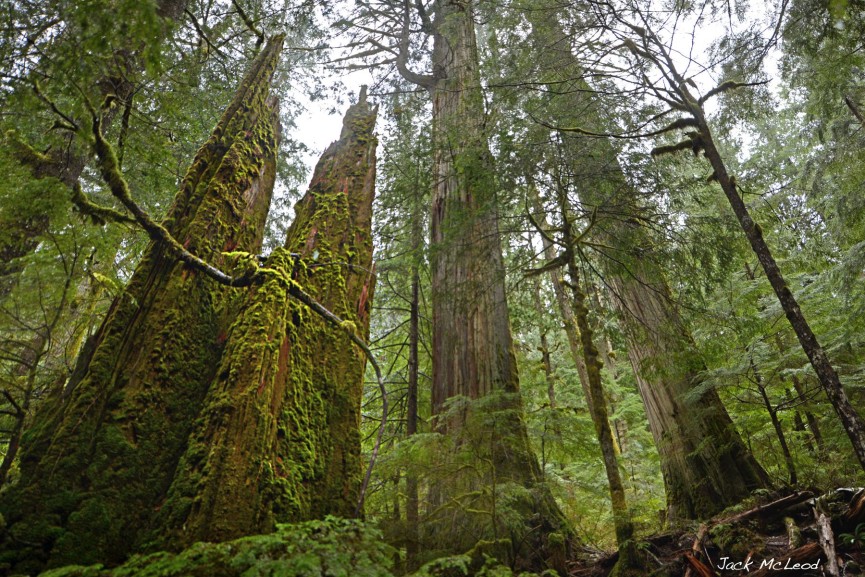Okay, three schools of Shearwater University can be basically understood in two words each: Sailing School, Kayaking School, and Navigation School. But what is Raven’s Backyard???
Raven’s Backyard is actually one of the significant roots of Shearwater University.
Back in the 1990s in Alaska, Phyllis was continuing to pursue her lifelong imperative of providing nature-oriented educational opportunities in the best place for learning about nature: the wilderness. Raven’s Backyard “workshops” grew out of many years of providing natural history education in the waters and islands of SE Alaska’s Alexander Archipelago. Additional roots arose from Phyllis’s professional experiences as a university science instructor, natural science illustrator and and plant ecologist. Equally important were her personal experiences of providing food and medicine to her family from the native wild plants of the forest, beaches and marine waters.
Raven’s Backyard workshops exploded in popularity during the late 1990s. Topics included edible and medicinal plants, nature drawing, and wildflower identification. Workshops were designed with the intention of facilitating the development of an intimate relationship between one’s self and the natural environment. An alternative to “show and tell” natural history tours, Raven’s Backyard was about incorporating wild plants, animals and the natural landscape intimately into one’s personal life. In addition to the intimate, hands-on experiences in nature the workshops provided, participants could earn University of Alaska credits as an option, to further their academic goals.
With the early successes of Raven’s Backyard, Phyllis was working on expansion to kayak and big-boat charter workshop venues. But the progress of this initiative was truncated due to the complex demands family needs that Phyllis ultimately prioritized.
Not entirely a diversion, Phyllis’s move from Ketchikan to Juneau continued her involvement with Alaska Native Tribes, and the Forest Service policy development process regarding uses of wild plants, which she was the acknowledged expert in. After two more years of focused work there for the Alaska Region and the Tongass National Forest, Phyllis made a difficult decision.
Close work with Alaska Native friends and colleagues deeply influenced Phyllis’s core values. After years of intimate friendships, community involvements, and official business with Alaska Native individuals and Tribal governments, Phyllis knew what was truly important. And number one on the priority list is Family (with a capital F). Nothing is more important to Alaska Natives. And their strong and embedded connection to this global traditional value overwhelmed Phyllis’s experience of her current life. Struggling to raise a son in isolation from his grandparents, aunts, uncles and cousins became increasingly intolerable. It was the most painful decision of her life: separate from her beloved Southeast Alaska wilderness, and the Native People she had come to so love, respect and emulate. But to do so would reconnect her with the immediate family that is the lifeblood of existence. In leaving this home and these people, she took their values, which had taught her what is truly important in life.
Back in Washington State, Phyllis and her son benefitted immediately from the close presence of parents, grandparents, aunts, uncles, cousins and lifelong friends, as well as a rich culture of opportunities. Over the ensuing years, Phyllis’s teaching experience and skills grew immensely though work with high school students in Everett, teaching earth science, biology and chemistry to an infinite diversity of young people. Yet a deep void persisted in Phyllis’s soul. Where was the place to facilitate the connection people long for in nature? Where were the boats, the seas, the natural elements in her teaching??? This void would remain while she otherwise thrived in pursuing excellence in science education for all young students. And in spite of occasional (frustrated) inquiries as to venues for offering these unique nature-education opportunities, Phyllis remained disconnected from those who would seek such opportunities.
And so Raven’s Backyard remained dormant for over a decade. It was not until Phyllis started Shearwater University, that she would finally find a new home for the Raven’s Backyard workshops that community members in Alaska had cherished, and that Washington residents had not yet experienced.

